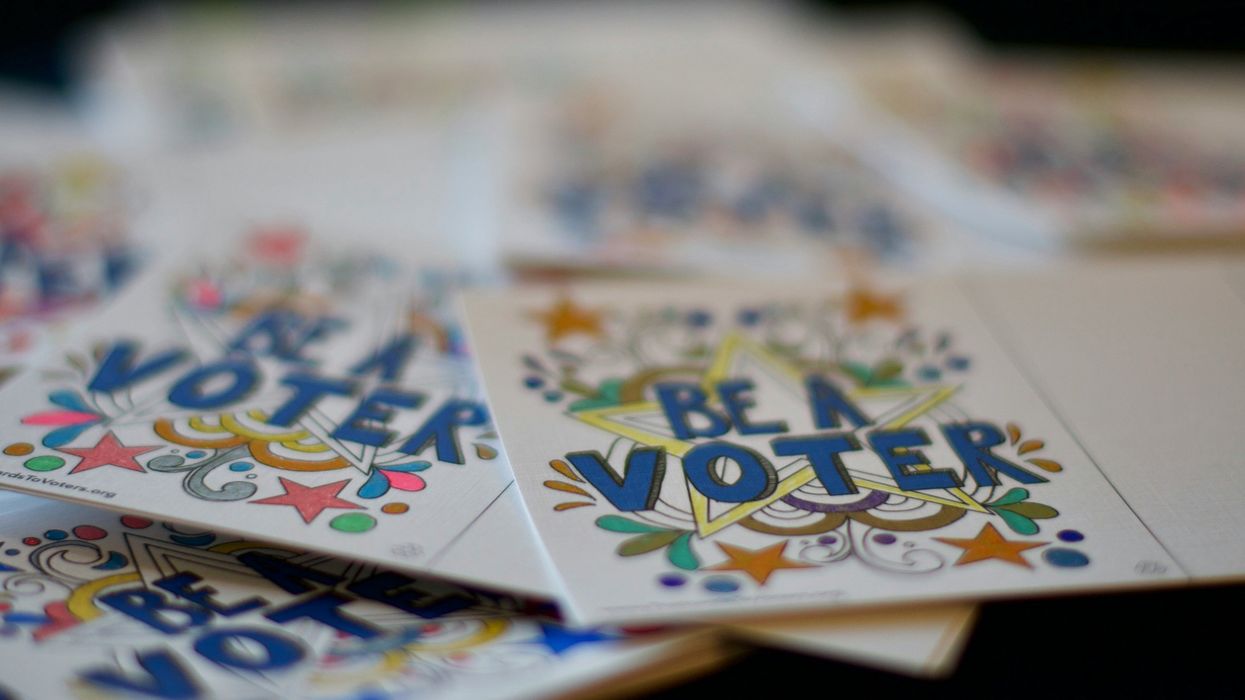Donald Trump wasted no time when he returned to the White House. Within hours, he signed over 200 executive orders, rapidly dismantling years of policy and consolidating control with the stroke of a pen. But the frenzy of reversals was only the surface. Beneath it lies a deeper, more troubling transformation: presidential elections have become all-or-nothing battles, where the victor rewrites the rules of government and the loser’s agenda is annihilated.
And it’s not just the orders. Trump’s second term has unleashed sweeping deportations, the purging of federal agencies, and a direct assault on the professional civil service. With the revival of Schedule F, regulatory rollbacks, and the targeting of Diversity, Equity, and Inclusion programs, the federal bureaucracy is being rigged to serve partisan ideology. Backing him is a GOP-led Congress, too cowardly—or too complicit—to assert its constitutional authority.
This was no improvisation. Trump’s blitz follows a playbook: Project 2025, the Heritage Foundation’s sweeping plan to, in its own words, "dismantle the administrative state" and rebuild the executive branch with "loyalists prepared to carry out the new president’s agenda from Day One" ( Heritage Foundation). Even compared to Franklin Roosevelt’s wartime mobilization or George W. Bush’s post-9/11 national security expansions, the scope and ideological intent of Trump’s agenda mark a radical break—not in response to crisis but an effort to permanently transform the structure of American governance.
It’s important to step back to examine what’s really at stake: the collapse of agency independence, the normalization of policy reversals after every election, and the growing threat that democratic institutions will be hollowed out and repurposed to serve a single political movement. If elections now determine everything, democracy may no longer be able to survive them.
Presidents once needed Congress to pass major legislation. That was the constitutional design: ambition countering ambition, with policymaking forged through negotiation and compromise. Yes, it was slow, but it ensured that decisions were closely scrutinized. But in today’s executive-centered system, presidents can reshape vast areas of public policy overnight—through executive orders, emergency declarations, and agency directives. This shift doesn’t just sideline lawmakers; it hollows out the very idea of coequal branches. Executive command has replaced legislative debate, and bipartisan dealmaking has given way to partisan loyalty tests.
With a GOP majority more committed to shielding the president than preserving its own institutional role, Congress has become increasingly passive—less a check on power than a rubber stamp. Rather than asserting their authority, Republican lawmakers have begun cutting side deals with the administration to protect favored programs in their districts, even as Trump excludes Democratic members from key negotiations ( New York Times). The result is a system where executive favoritism replaces legislative oversight, and millions of Americans are left vulnerable to cuts their representatives have no power to reverse.
This turns elections into existential contests. Winning now means total control over policy, personnel, and the machinery of government. Losing means being locked out of decision-making and left with no recourse. As Trump bypasses Congress to implement sweeping changes, the presidency begins to eclipse all other institutions in the public mind. Voters increasingly view the White House not as one branch of government, but as the only one that matters. As power concentrates at the top, down-ballot races fade into the background. State legislatures, local officials, and even Congress are increasingly seen as powerless. This erodes not just democratic accountability but the very idea of representative government.
The consequences are already visible. In the 2024 elections, turnout for state and local races dropped significantly in several battleground states, even as presidential turnout remained high. In Arizona, a state heavily affected by Trump’s immigration policies, voters who opposed those policies nonetheless skipped local races where sheriffs and school boards had real influence over enforcement. When people believe only the president can change their lives, they disengage from the very levels of government most capable of protecting their interests.
The psychological toll of this dynamic is profound. With each election framed as a fight for national survival, compromise becomes betrayal, and losing becomes catastrophic. In the 2024 elections, turnout for state and local races plummeted in several battleground states, even as presidential turnout soared ( Wikipedia). In Arizona, a state deeply impacted by Trump’s immigration policies, voters who opposed those policies still skipped local races where sheriffs and school boards wielded real power over enforcement. When people believe only the president can address existential threats, they disengage from the very levels of government most capable of safeguarding their interests.
The 2024 presidential campaign illustrated this vividly. Both parties warned that democracy itself was on the ballot. Trump’s rhetoric painted his opponents as enemies of the state, while Democratic leaders described a second Trump term as a path to authoritarianism. Once contentious but deliberative, Supreme Court confirmations have become frenzied battles precisely because so much now hinges on who controls the executive. As the stakes escalate, the room for governance by consensus disappears.
The consequences go beyond politics—they threaten the very foundations of democracy. The system becomes fragile when the presidency is seen as the only institution that matters and elections as existential battles. Trust in institutions crumbles: only 16% of Americans trust the federal government, down from 73% in 1958 ( Pew, 2023). Confidence in the Supreme Court has plunged to 41% ( Gallup, 2023), and trust in Congress remains below 20%. Long-term policymaking collapses, and civic engagement narrows to presidential spectacle. Democracy doesn’t fail all at once—it decays from within.
Robert Cropf is a Professor of Political Science at Saint Louis University.





















Why does the Trump family always get a pass?